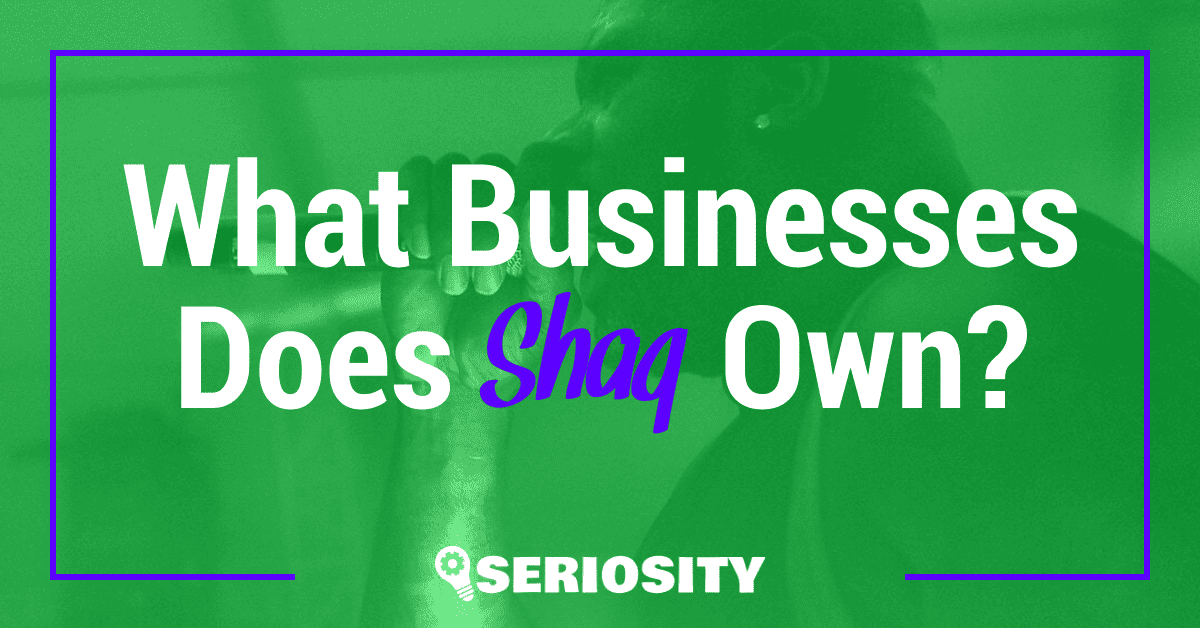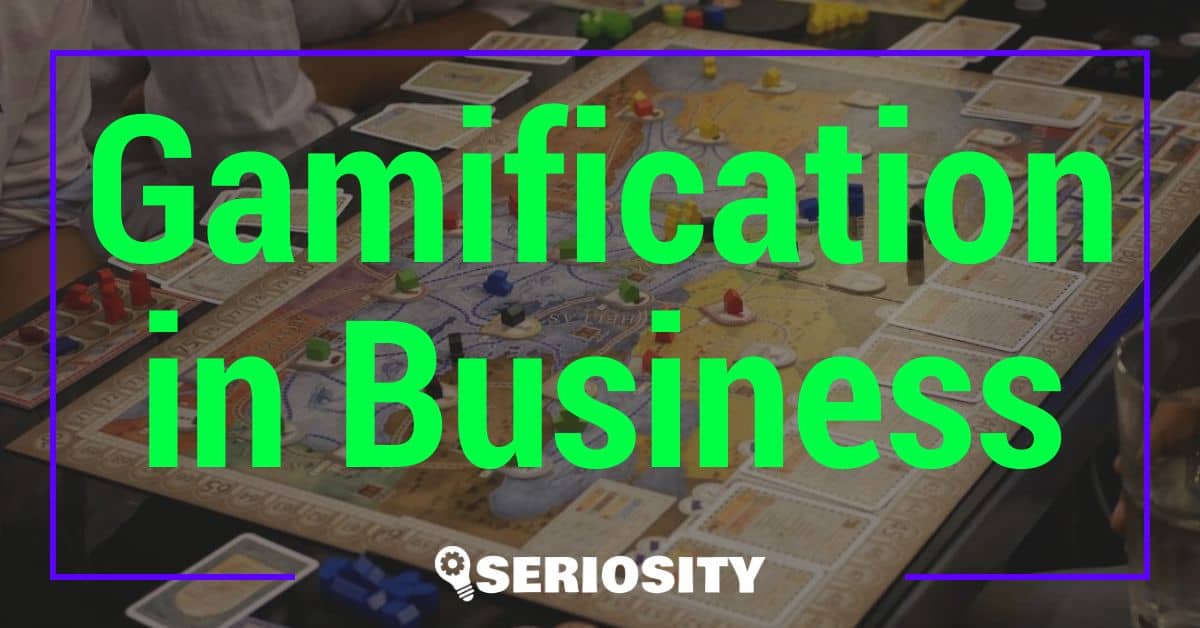Navigating the world of business can be tricky, but doing it alongside friends adds a whole new layer of complexity. You might think combining business and friendship is a recipe for disaster, but when handled right, it can lead to some of the most rewarding experiences. The key lies in balancing professional responsibilities with personal bonds.

Imagine turning your brainstorming sessions into fun hangouts or celebrating business wins with people who genuinely care about you. While it’s not always smooth sailing, the trust and understanding you share with friends can make the journey more enjoyable and less stressful. Let’s explore how you can maintain both successful business ventures and lasting friendships.
Key Takeaways
- Balancing Business and Friendships: Combining business with friendships requires balancing professional responsibilities with personal bonds to leverage trust, communication, and support.
- Benefits of Mixing Business With Personal Relationships: Existing relationships offer trust, enhanced communication, emotional support, motivation, and a shared vision, making business ventures smoother and more rewarding.
- Challenges and Solutions: To prevent conflicts, set clear boundaries, manage expectations, allocate time appropriately, maintain professionalism, and establish an exit strategy from the start.
- Case Studies: Successful business ventures among friends, like Warby Parker and Honest Tea, highlight the importance of clear communication, defined roles, shared vision, and mutual respect.
- Maintaining Healthy Boundaries: Healthy boundaries in business friendships can be sustained through transparent communication, setting expectations, and having conflict resolution strategies.
- Alternative Approaches: Professional partnerships with non-friends and utilizing mediators or advisors can provide objective decisions, diverse skills, and neutral insights, ensuring business success without straining personal relationships.
Exploring the Dynamics of Business and Friendships
Navigating business and friendships can offer unique dynamics. Your entrepreneurial spirit and passion for startups, side-hustles, and online businesses can enhance these connections, but the process demands a keen balance.
Benefits of Mixing Business With Personal Relationships
Leveraging existing relationships in business brings several advantages.
- Trust: You likely have established trust, simplifying collaboration and reducing friction in decision-making.
- Communication: Knowing each other well, you can navigate complex conversations more effectively.
- Support: Friends often offer emotional support, making the startup journey less isolating.
- Motivation: Joint success feels more rewarding and fuels continued motivation for your side-hustles.
- Shared Vision: Aligning on core values and vision comes naturally, enhancing the business’s foundation.
Potential Challenges and How to Navigate Them
Integrating business with friendships presents potential complications.
- Conflict: Disagreements can become personal. Establish clear boundaries and a dispute resolution process beforehand.
- Expectations: Unmatched expectations cause strain. Set and regularly revisit mutual goals and responsibilities.
- Time: Balancing personal time and business time is critical. Schedule specific business meetings to maintain clarity.
- Professionalism: Maintaining professionalism is harder with friends. Uphold business standards and avoid mixing roles excessively.
- Exit Strategy: If the business partnership must end, it can impact the friendship. Agree on an exit strategy in advance to ensure mutual understanding.
By acknowledging and addressing these challenges, you can foster a harmonious relationship between your business and friendships.
Case Studies: Successful Business Ventures Among Friends
Starting a business with friends can be a fulfilling journey with the right strategies. Let’s explore some successful ventures that exemplify this.
Strategies That Fostered Success
Clear Communication: Open communication, concerning both personal and business matters, ensures everyone stays on the same page. For instance, the founders of Warby Parker used regular meetings to align goals and address issues promptly.
Defined Roles: Clearly defined roles prevent overlap and confusion. An example includes the creators of Birchbox, who divided tasks based on individual strengths, maximizing efficiency.
Shared Vision: A unified vision keeps everyone motivated. For example, the friends behind Honest Tea shared a common desire for sustainability, driving their business forward.
Mutual Respect: Respecting each other’s ideas and contributions fosters a positive environment. The founders of WhatsApp maintained respect for differing opinions, which led to innovative ideas.
Common Pitfalls and Lessons Learned
Personal Conflicts: Differing opinions can strain relationships. To avoid this, the founders of Method Home Products emphasized conflict resolution strategies early on.
Mismatched Expectations: Sometimes friends may assume mutual understanding without discussing details. For example, the founders of Rent the Runway had clear agreements regarding business expectations to avoid discrepancies.
Time Management: Managing time for both work and personal life can be challenging. The partners at SoulCycle learned to establish boundaries and respect personal time to maintain balance.
Exit Strategies: Planning for potential exits from the start can prevent future conflicts. The friends behind Instagram had predefined exit strategies, which facilitated smooth transitions when Instagram was acquired.
By analyzing these case studies, you can understand the critical strategies and learn from potential pitfalls when embarking on a business venture with friends. Successful journeys require open communication, mutual respect, and strategic planning to navigate the unique challenges in combining business and friendship.
Maintaining Healthy Boundaries in Business Friendships
Maintaining healthy boundaries in business friendships ensures sustained success and preserves personal relationships. Benefiting from both business and friendships requires careful planning and regular communication.
Communication and Transparency
Clear communication is essential for healthy business friendships. Share your goals, ambitions, and concerns openly to avoid misunderstandings. Regular updates on project progress and obstacles bring alignment and trust. For example, Warby Parker’s founders communicated consistently, keeping each other in the loop regarding business decisions and growth strategies.
Transparency helps build trust. Let your friends see both successes and failures to foster mutual understanding and respect. Address issues promptly; waiting exacerbates problems. Practicing transparency fosters an environment where everyone feels valued and heard, ultimately strengthening the business partnership.
Setting Expectations and Resolving Conflicts
Setting expectations from the start plays a critical role. Define roles and responsibilities clearly to prevent overlaps. For instance, Birchbox’s co-founders divided their tasks based on their strengths, ensuring efficient operations and clear accountability.
If conflicts arise, address them through open dialogue. Use mediation if necessary wherever disputes become challenging to resolve. Consider examples from Rent the Runway; they navigated conflicts by communicating openly and prioritizing the business’s best interest. Create a framework for resolving disagreements, such as regular check-ins or third-party mediation, which helps maintain harmony and focus on business goals.
By prioritizing communication and setting clear expectations, you can develop a thriving business with friends while preserving your relationship.
Alternative Approaches to Mixing Business With Friendships
Separating business and friendships often proves necessary to prevent conflicts. Explore professional partnerships and use mediators or advisors to maintain harmony.
Professional Partnerships Without Personal Bonds
Professional partnerships thrive on clear, objective goals. Collaborate with industry professionals or like-minded entrepreneurs who share your vision but aren’t friends. This approach offers many benefits:
- Objective Decisions: Prioritize business needs without emotional interference.
- Diverse Skills: Partner with experts who complement your skill set.
- Professional Distance: Maintain a clear distinction between personal and business lives.
For example, many successful startups pair technical experts with marketing specialists to leverage diverse expertise.
Using Mediators or Advisors
Mediators and advisors bring valuable perspectives to business friendships:
- Neutral Insight: Get unbiased opinions on critical issues.
- Conflict Resolution: Use experienced mediators to resolve disputes.
- Guidance: Advisors provide strategic direction based on their expertise.
For instance, seasoned advisors often guide startups through fundraising and scaling challenges. These professionals help maintain equilibrium in business friendships.
Conclusion
Navigating the blend of business and friendships can be challenging but also incredibly rewarding. With trust and clear communication, you can create a thriving partnership that leverages both personal and professional strengths. Setting healthy boundaries and seeking neutral advice when needed can help maintain a balanced and productive relationship.
Remember that every friendship and business is unique, so find what works best for you and your partner. Whether you choose to keep things strictly professional or embrace a more personal approach, the key is to stay transparent and committed to mutual success.
Frequently Asked Questions
Why is trust important in business friendships?
Trust is essential in business friendships because it ensures reliability, fosters open communication, and facilitates effective collaboration. When trust is present, partners are more likely to work harmoniously towards common goals.
How can communication impact business and friendship merges?
Clear and consistent communication helps prevent misunderstandings, ensures that everyone is on the same page, and contributes to smoother decision-making processes. Good communication can address concerns before they become significant issues.
What role do defined roles play in successful business ventures?
Defined roles help prevent overlaps and conflicts by clearly outlining each person’s responsibilities. This clarity helps in maintaining focus and accountability in the business operations.
Why are healthy boundaries important when mixing business with friendships?
Healthy boundaries help distinguish between personal and professional interactions, reducing the likelihood of conflicts and enabling both aspects of the relationship to thrive.
How can transparency benefit business friendships?
Transparency fosters an environment of honesty and openness, which helps build trust and resolve conflicts quickly. It ensures that all parties have a clear understanding of the business operations and decisions.
What are alternative approaches to combining business with friendships?
One alternative is to maintain professional partnerships without personal bonds to keep decision-making objective. Another is leveraging diverse skills through professional networks rather than relying on friends.
How can mediators or advisors aid in business friendships?
Mediators or advisors offer neutral insights and advice, helping resolve conflicts and provide guidance. Their external perspective can help maintain a balanced relationship between business partners.














